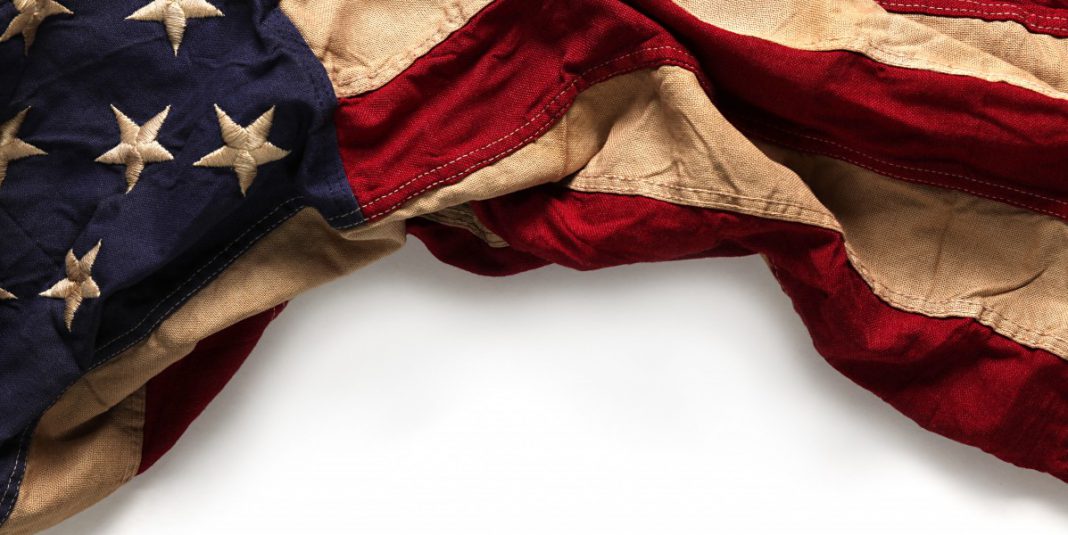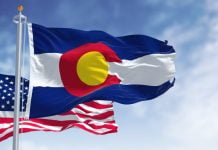SportsHandle and friends deliver another round-up of the week’s big developments in US sports betting.
D-I Student Athlete Talks Trust, Compliance In Post-PASPA Sports Betting Era
This Part One of a two-part series exploring what it’s like for college athletes and compliance officers as legal sports betting expands across the U.S.
In an effort to share with readers what it’s like inside big-time athletic programs across the country, roughly 18 months after the Supreme Court ruling in Murphy v NCAA opened the door for legal sports betting across the country, Sports Handle contacted nearly a dozen universities, big and small. Some of these universities have taken steps beyond state law and now prohibit sports betting on their campuses, while others are trying to find new ways to educate student-athletes. Of these dozen schools, only three agreed to interviews with compliance officers and only one, Cal State Fullerton, agreed to let a student-athlete share views about sports betting and compliance.
Full story here.
Sports Betting Geolocation Maps Show Wagers At Highway Rest Stops
As more states continue to roll out mobile sportsbook offerings, the task of geofencing areas with unique geographic features has become increasingly more difficult.
Take Oregon, for instance. While there are nine federally recognized Native American tribes in Oregon, the tribal areas amount to anywhere from 200 to 300 disparate geographic pockets of lands, said Lindsay Slader, vice president of regulatory affairs at GeoComply, a leading geolocation compliance technology provider. Although the zones are predominantly located in rural areas, some reservations are overlaid throughout highly-populated communities, she added.
Full story here.
‘Horrible’ Wording, Little Campaigning Almost Cost Colorado Legal Sports Betting
While national polls show strong support for sports betting legalization in general, lawmakers from Colorado to New Hampshire learned on Tuesday that sending related initiatives to the voters is no sure thing.
While Colorado voters narrowly approved sports betting, voters in New Hampshire showed they are split on whether or not they want brick-and-mortar sportsbooks in their communities.
In Colorado, it wasn’t until Wednesday afternoon that it was clear that Proposition DD, which legalizes sports betting at select venues across the state, and via tethered mobile platforms, would pass. With more than 1.4 mm people casting votes, the margin to legalize sports betting was 20,028 votes — and that margin was among the widest in either direction during vote counting.
Full story here.
U.S. Lottery Leaders Make The Case For Their Role In Sports Betting, Too
The fact that state lotteries across the U.S. seem to be making a stronger-than-expected play for market share in the burgeoning legal, regulated sports business industry has been met with surprise by some casino and other gaming executives.
You know who has noticed that? State lottery officials.
Maryland Lottery Director Gordon Medenica and Kansas counterpart Stephen Durrell remarked on that situation at the Sports Betting USA gaming industry event in Manhattan on Wednesday.
Full story here.
Tennessee Sports Betting Could Benefit From Kentucky’s Political Chaos
Next year was looking to be clear sailing for Kentucky to move the ball down the field on the matter of legalizing sports betting. Legalization would keep the Bluegrass State competitive with neighboring Tennessee, which has already given the legislative thumbs up and is expected to launch online/mobile sports in early 2020. However, a serious wrench might have just been thrown into Kentucky’s plans.
Tuesday’s gubernatorial vote in Kentucky went to Democrat Andy Beshear, the state Attorney General, but incumbent Gov. Matt Bevin, a Republican, is contesting the results. The legislature may end up getting involved in the outcome. Kentucky Senate President Robert Stivers, a Republican, has indicated that the Republican-controlled legislature could ultimately decide the race, according to a report from USA Today.
Full story here.
Pre-Filing Season Is Underway: Could Sports Betting Bills Surface?
As Thanksgiving approaches, only a handful of state legislatures are still in session (most notably Ohio and Michigan because of their respective ongoing sports betting debates). Most states are on hiatus until 2020, but that doesn’t mean sports betting bills won’t be filed before the end of 2019.
At the moment, 19 states either have active, legal sports wagering in some form or have passed legislation to regulate the activity. Thirteen states already have it, while six are pending. Colorado voters are deciding today whether their state should have legal statewide sports wagering.
Full story here.














